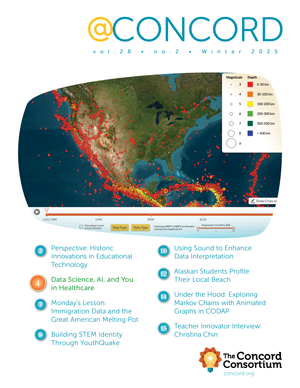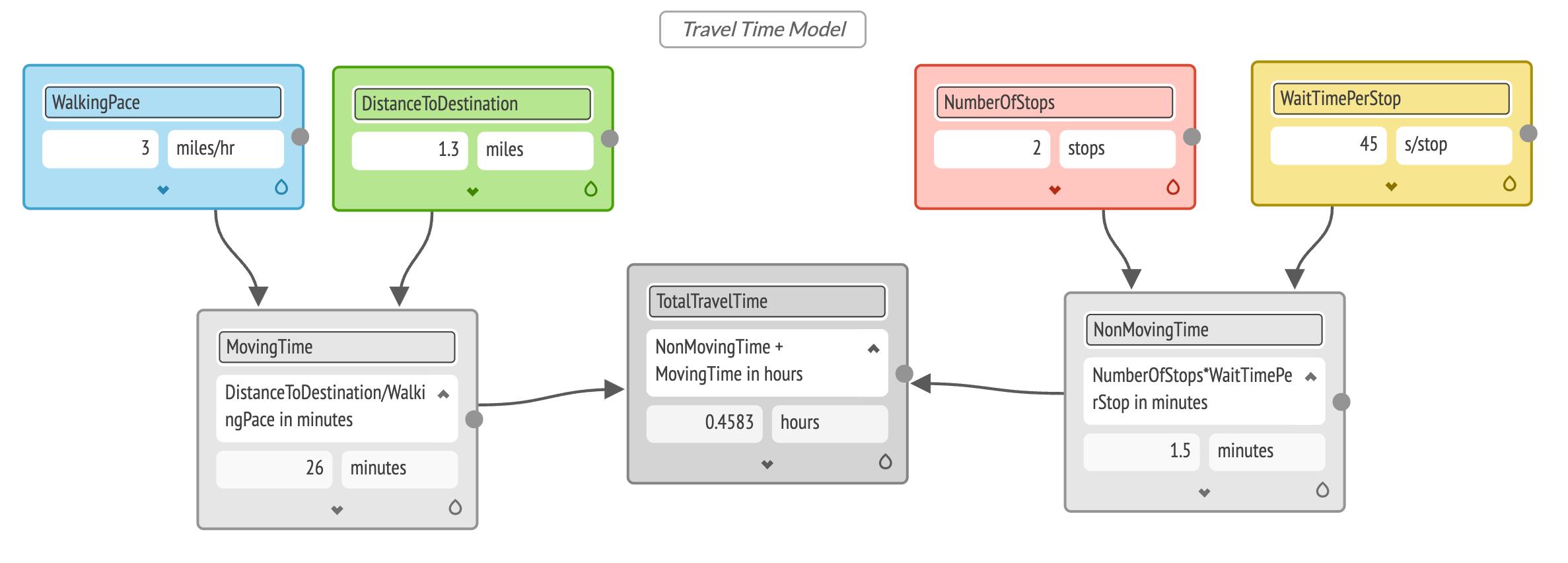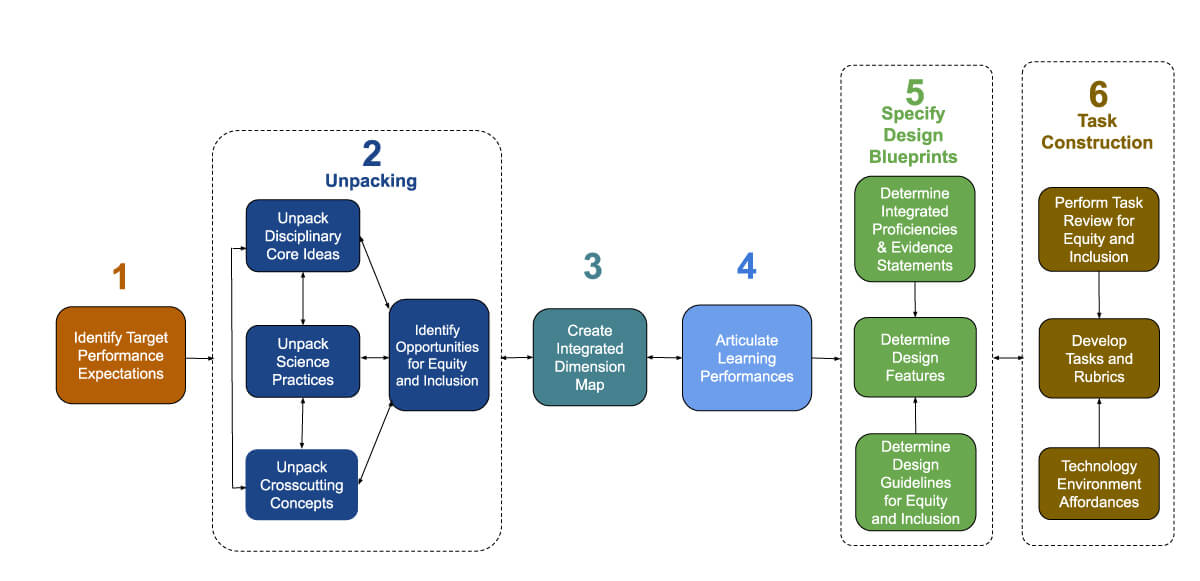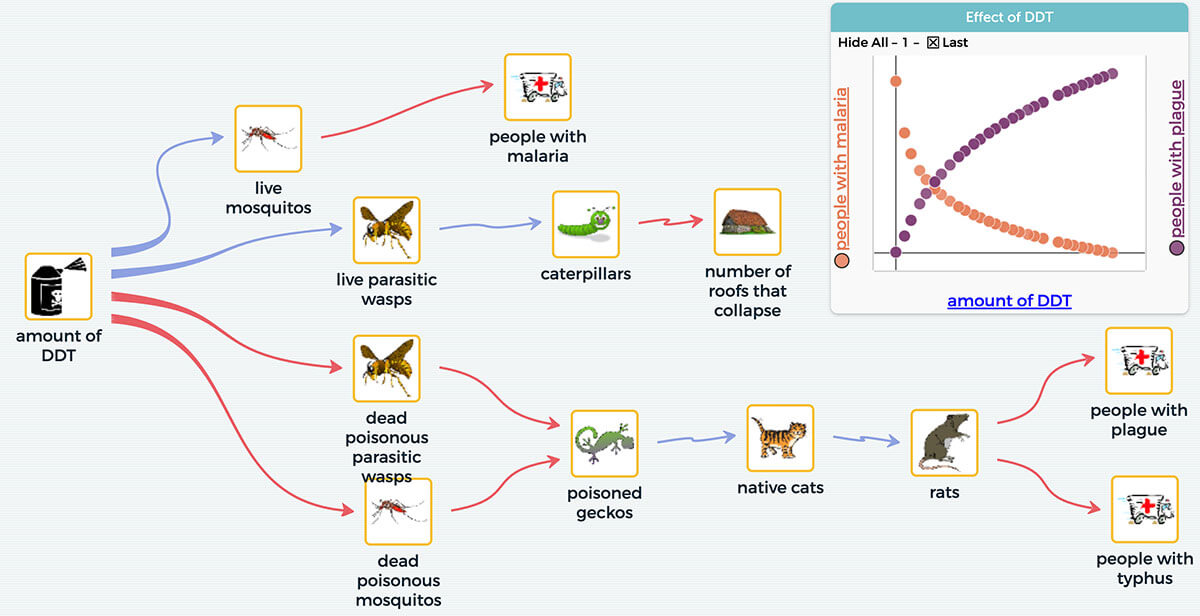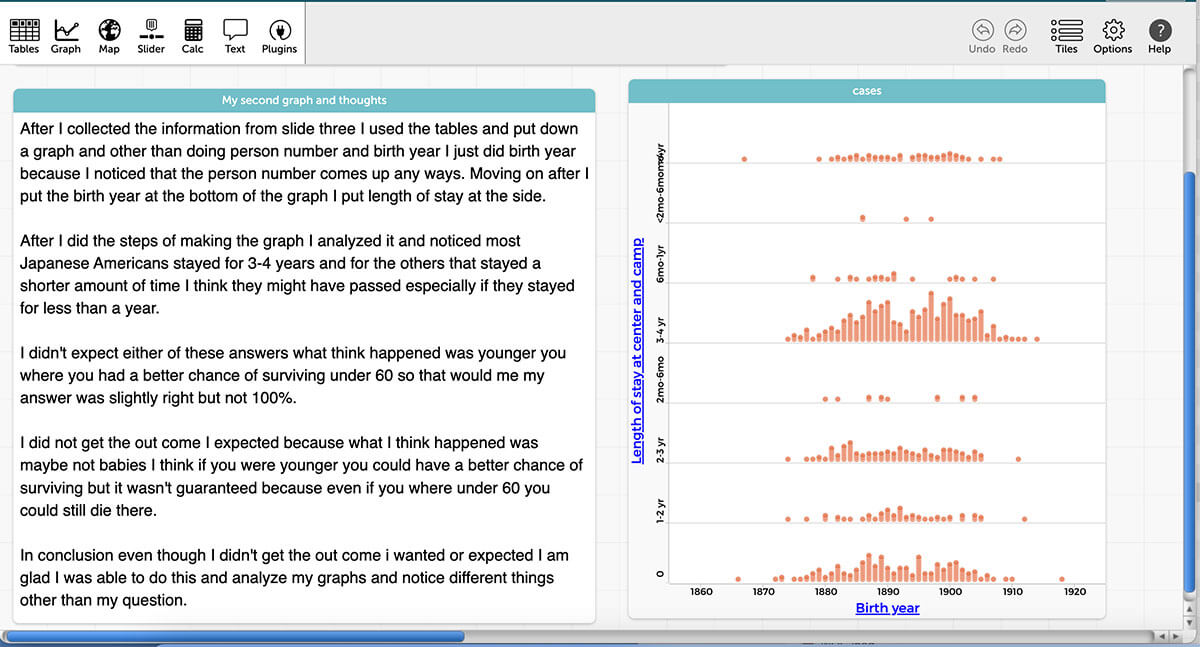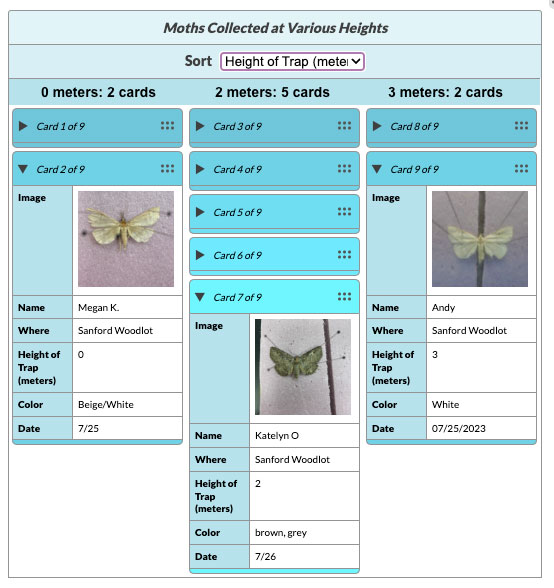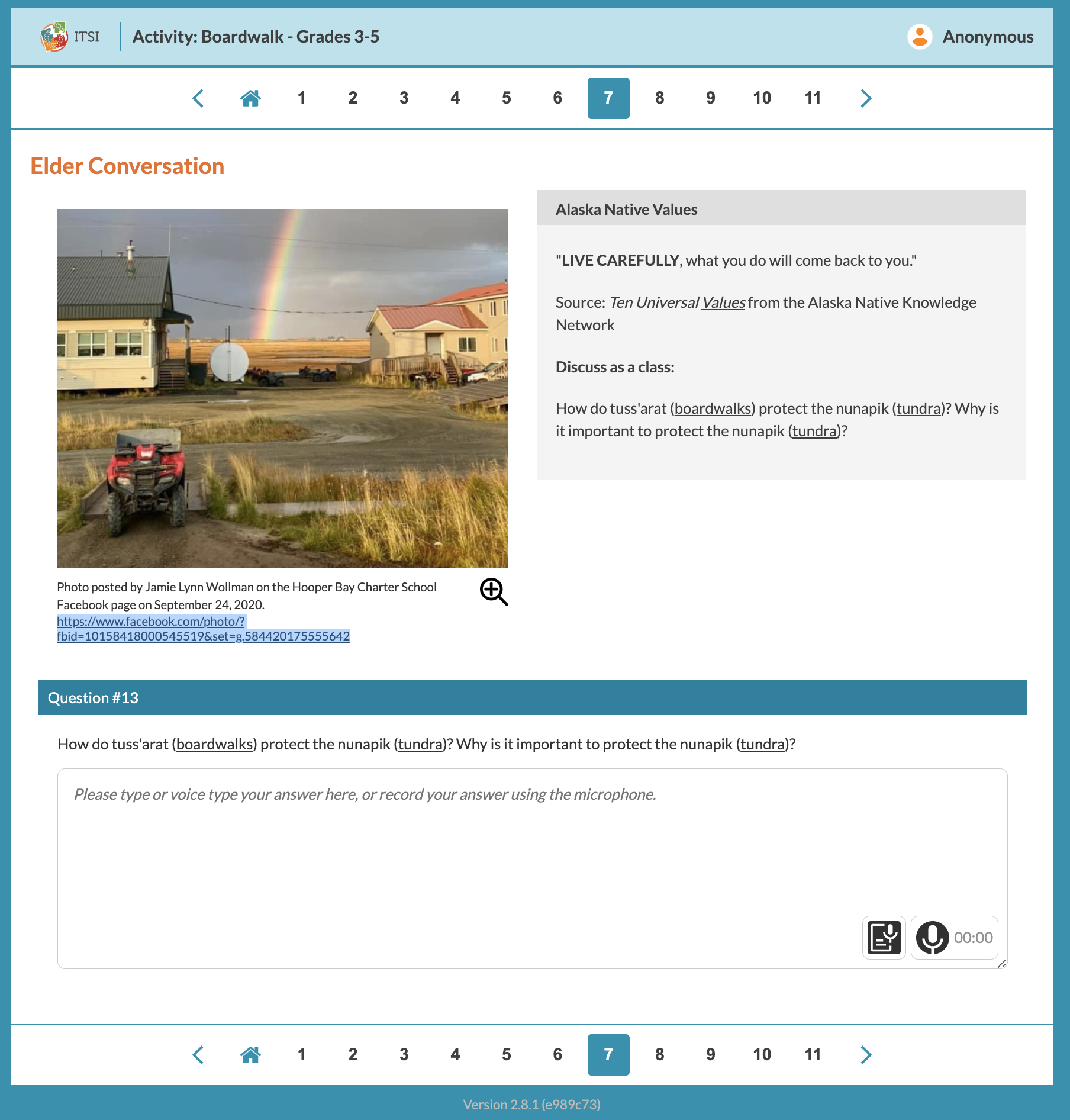The State of Data Science Education, Critical Tools for Solving Today’s Complex Problems, Teacher Innovator Interview, and more in Fall @Concord
Perspective: The Nature of Innovation and Educational Technology Design
Travel offers a portal to many things, but perhaps the most fascinating is the perspective it provides on how humans approach design. To visit a new place is to bear witness to the endless variety of solutions humans create to meet our needs. It was for this reason that I recently found myself pondering what a rubber squeegee and a three-foot-long shoehorn had to do with innovation and educational technology design.
The State of Data Science Education: Where It’s Headed and Why It Matters
In 2013, Bill Finzer, lead developer of CODAP, declared there was a “data science education dilemma” and described a pressing need for more people to become fluent with data. That same year, Chad Dorsey outlined in these pages the state of the data revolution—already nearly a half century in the making—and its immense ramifications for education. A review of the past ten years reveals seminal developments that have launched us towards future advancements.
Monday’s Lesson: Are We There Yet?
In this Monday’s Lesson, students learn how to build a mathematical model using M2Studio to calculate how long it takes to get somewhere. Designed to help students think about modeling real-world scenarios and presenting models in meaningful ways, the lesson supports students in strengthening Common Core Practice 4: Model with Mathematics.
Building Capacity for 3D Assessment and Instruction in Elementary Classrooms
When teachers focus on developing their young elementary school students’ literacy and math skills, the three R’s rule. Science typically gets less emphasis than reading, writing, and arithmetic. Furthermore, elementary teachers commonly self-report low confidence levels in their own science content knowledge. The Building Elementary Teachers’ Capacity project is supporting upper elementary school teachers in taking a three-dimensional approach (using disciplinary core ideas, science practices, and crosscutting concepts) to assessment and instruction.
Critical Tools for Solving Today’s Complex Problems
From local environmental justice issues to global climate change and pandemics, the world faces critical challenges. Because these threats often impact communities inequitably, we need diverse perspectives—in terms of culture, ethnicity, gender, and expertise—to address these complex problems. Effective approaches for understanding these multifaceted phenomena rely on a systems perspective and use real-world data and modeling to inform scientific understanding and generate legislative policies. A systems approach is critical for designing solutions.
Data Stories and Interdisciplinary Project-Based Learning
The DataPBL project enlisted a team of teachers, data science educators, and researchers to co-design data experiences for the eighth grade Japanese American Internment curriculum module developed by EL Education. In the DataPBL version of the interdisciplinary project-based module, students analyze and visualize data in CODAP. Project research is studying how students tell stories with data and how this data storytelling contributes to students’ data agency and identity.
Under the Hood: DataCard Deck
The MothEd project aims to foster students’ ability to develop their own systems for organizing and making sense of the data they collect about moths in their local area. We developed a new online tool for our Collaborative Learning User Environment (CLUE) called the DataCard Deck to give students a just-structured-enough platform for collecting and sorting their moth data, discovering relevant attributes, and refining their data structure on the fly.
Teacher Innovator Interview: Renee Green
As a Yup’ik Native, Renee Green’s goal throughout college was to return to her community and work for and with the people in Hooper Bay. A graduate of the University of Alaska Fairbanks, she has been teaching first through eighth grades in the Lower Yukon School District for 20 years. Since 2019, she has been an elementary and middle school teacher at the Hooper Bay Charter School, the first charter school fully initiated and developed by an Alaska Native tribe.
News at Concord Consortium
News at the Concord Consortium in fall 2023: 1) The Concord Consortium is hosting a data science research conference to develop a research-based framework for learning progressions in K-12 data science education, with input from diverse researchers, educators, and policymakers. 2) The YouthQuake project, funded by the National Science Foundation, is bringing geoscience practices to middle school students, enabling them to engage in authentic science practices and explore earthquake hazards in their communities. 3) In partnership with Ten Strands, the Concord Consortium is working on creating environmental literacy curriculum units for K-12 students, focusing on data collection, exploration, and modeling to develop solutions for complex environmental problems.
